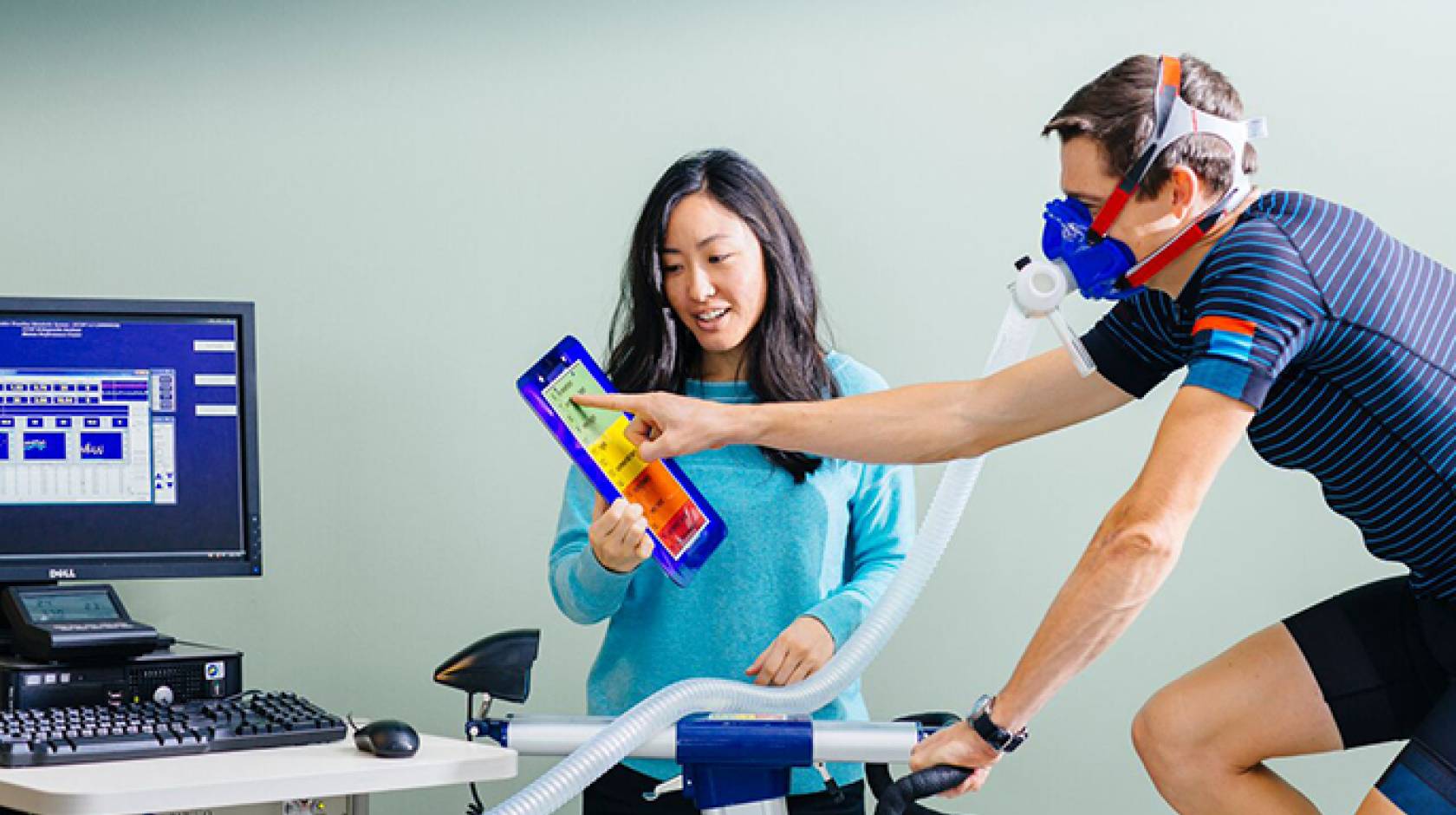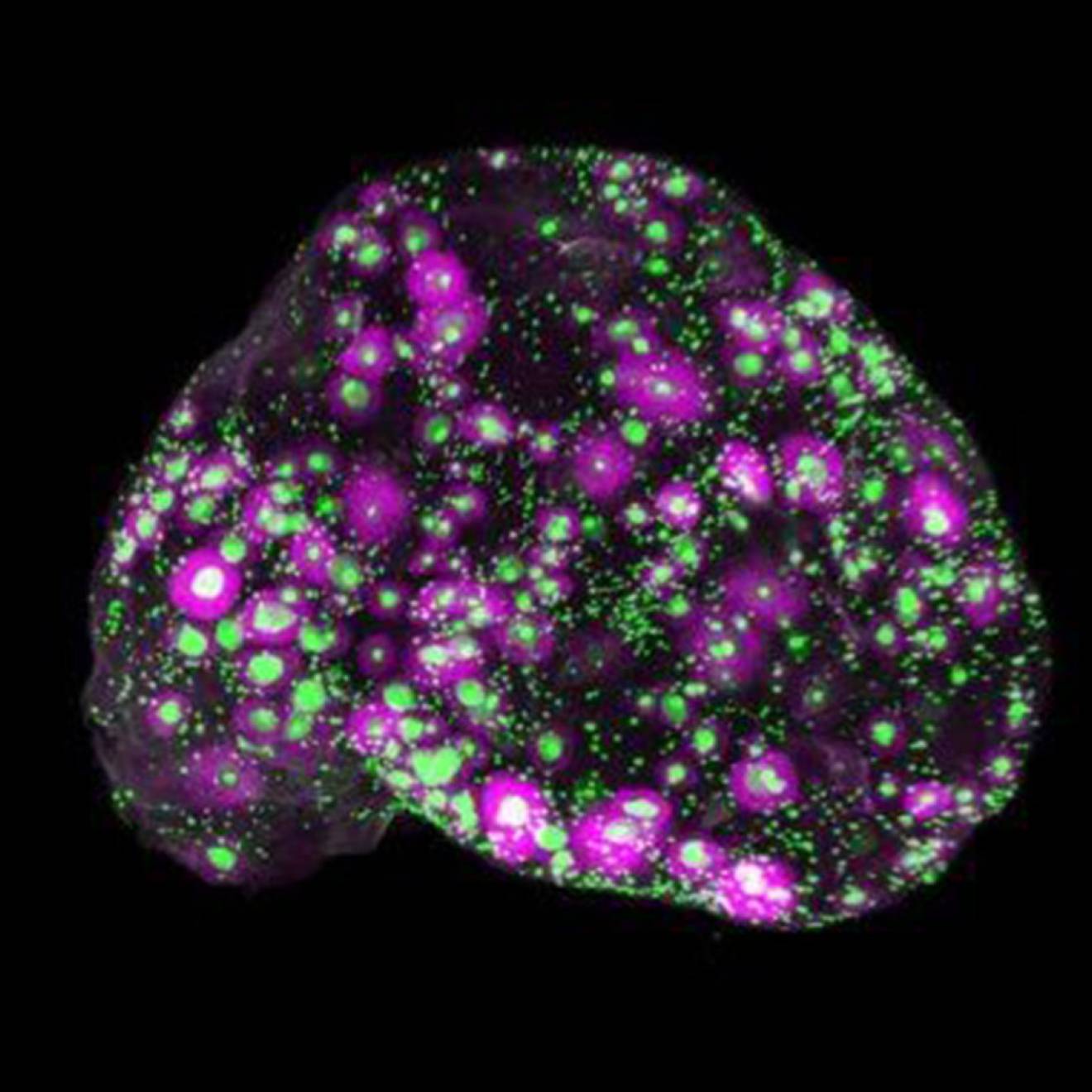Alec Rosenberg, UC Newsroom

Do you want an easy way to improve your game? Get a bit more sleep, and the results could surprise you.
UC San Francisco sleep expert Cheri Mah, who consults with the Golden State Warriors and other elite athletes, has found that extended sleep can improve free-throw and three-point shooting by 9 percent.
Mah, who studied under Stanford sleep guru Dr. William Dement, conducts research at UCSF’s Human Performance Center with Dr. Anthony Luke on sleep and performance in elite athletes.
She applies her expertise to help the world’s best athletes gain a competitive edge. A growing list of professional teams in the NBA, NFL, NHL and MLB are turning to Mah to fine-tune their athletes’ sleeping schedules.
And while her advice might not transform the rest of us into the next Stephen Curry or Andre Iguodala, “healthy sleep is important for everyone,” said Mah, a Clinical and Translational Research fellow with the UCSF Clinical and Translational Science Institute.
To step up your game, follow Mah’s six tips for better sleep.
1. Sleep at least seven hours a night. Elite athletes should get even more.
An adult needs at least seven hours of sleep per night to avoid the health risks of chronic inadequate sleep, according to a 2015 recommendation by the American Academy of Sleep Medicine and Sleep Research Society. “For elite athletes, we recommend eight to 10 hours plus every night,” Mah said. “For the everyday person, you’ve got to hit at least seven hours of rest every night. There are individual differences in daily sleep needs, however, so you may need eight hours or nine-plus hours to feel rested and alert throughout the day.”
2. Maintain a regular bedtime and wake-up time.
“Our bodies like regularity and will anticipate sleep with a regular sleep schedule,” Mah said. “As a reminder, set a daily alarm on your phone to go off 30 minutes before you want to start your wind-down routine.”
3. Implement a wind-down routine.
“A 20- to 30-minute wind-down helps you transition to sleep,” Mah said. “Reading is great – a real book, not an iPad or phone that emits blue frequencies of light, which can negatively impact sleep. For athletes, I recommend stretching or yoga. Many individuals don’t have a routine and they’ll jump into bed and have a racing mind (and difficulty sleeping).”
4. Evaluate your sleep environment.
“Make your room like a cave,” Mah said. “You want it to be really dark, quiet and cool as well as comfortable. For darkness, I recommend blackout curtains; some people prefer eye masks. For quiet, use earbuds or earplugs. For cool, set your temperature at 60 to 67 degrees.”
5. Reduce your intake of alcohol and caffeine.
“Drinking alcohol or caffeine at nighttime can impact sleep,” Mah said. “Alcohol fragments sleep, particularly in the early morning hours. Caffeine has a half-life of about six hours, so it’s best to cut out caffeine in the late afternoon and evening.”
6. Take power naps.
“Power naps are great,” Mah said. “Keep naps short. I recommend 20- to 30-minute naps. If you take longer naps – 45 minutes or more – you can go into deeper stages of sleep, and when you wake up, you may experience sleep inertia, where you feel more sluggish and worn down. For athletes, I do recommend pre-game naps. Naps can give you a temporary improvement in alertness and performance for a few hours. Naps are not a replacement for consolidated and healthy sleep at nighttime. If you’re having difficulty with your sleep, you should eliminate naps.”

